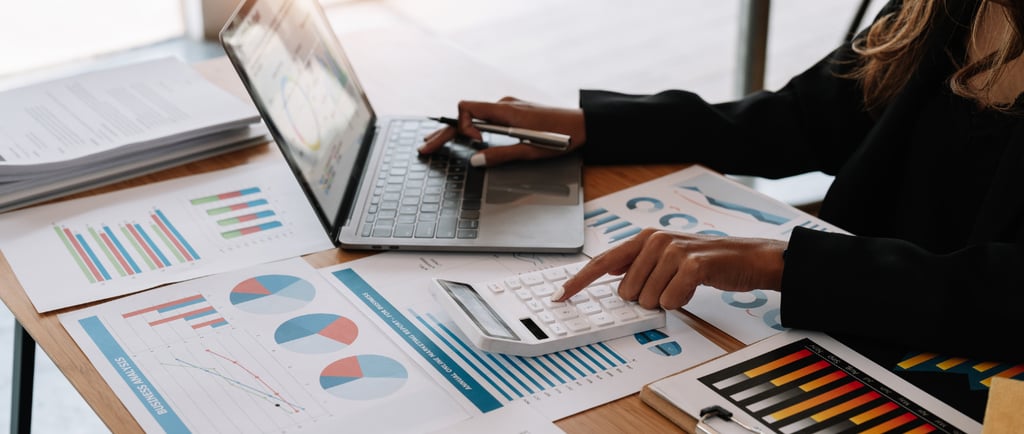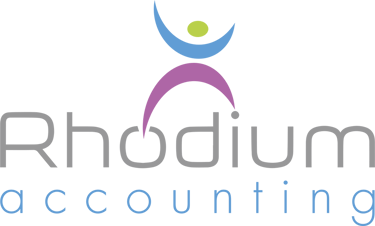Best Business Records to Keep If You are Self Employed.
SOLE TRADERS


It is important you keep your personal records separate from those for your business as far as possible.
This is so that if HM Revenue and Customs (HMRC ) ask to see your business records, they are separate from the details of your personal income and expenses. So I will encourage that you have a separate bank account for your business if you don’t have one already.
It will also make doing your accounts very easy and save you time and money, especially when you come to engage the services of a professional or your business becomes really successful and you dont have time to do them yourself anymore. Bceause your records are separate and clean they are likely to charge you less!
WHY BOTHER KEEPING BUSINESS RECORDS AT ALL?
For anyone who is self-employed, record keeping is essential for 3 main reasons in my mind:
1. Meet compliance requirements from HMRC:
HMRC requires that as a sole trader and business owner you have to keep your business records for 5 years from the 31 January for which the self assessment tax return is made.
For example for the 24/25 tax year, the deadline for filing this self assessment tax return is 31st January 2026, 5 years from the 31st January 2026 is 31st January 2031. This means you have to keep all the information and records you used to complete your self-assessment tax return for the 24/25 tax year to 31st January 2031.
HMRC could potentially fine up to £3,000 for failure to keep your records for this length of time.
If you are also VAT registered, then you have another regulatory requirement to keep your business records for at least six years after the end of the VAT period to which they relate. This means that if you file a VAT return for the period 1st January to 31st March 2025, you must keep your records until 31st March 2031.
Also if you employ staff, and pay them wages and salaries then, you will need to keep all PAYE records and all documents pertaining to a payroll giving scheme you may have.
2. To help you know how well your business is doing.
Most people are in business to make a profit and the only way to know if you are achieving this goal is by keeping good business records and updating them regularly so you know if you are achieving that goal.
3. Plan for tax liabilities:
Keeping on top of your business records will also let you know what your potential tax liabilities are and plan for them so you have enough cash saved to meet your tax liabilities when they become due.
The accounting and business records you need to keep will vary depending on the size, and complexity of your business and whether you are VAT registered or not, but as a general guide, you should aim to keep.
WHAT BUSINESS RECORDS MUST YOU KEEP AS SOLE TRADER ?
A. Records of all sales and all other business income:
You need to retain records and proof of all revenue, sales and all sources of income such as sales invoices, receipts and bank statement, sale of assets.
B. Records of all purchases and other business expenses: You need to retain records and proof of all expenses such as invoices, receipts, lease contracts, loans for interest payments and evidence of all capital equipment purchases.
Details of any hire purchase or leasing arrangements taken out (including rent agreements). Wage records where you have employees, or if you engage subcontractors you need to keep records to support any payments you make.
C. Record of all amounts taken out of the business such as drawings from cash or stock for your own personal use.
D. Record all amounts / monies paid into the business from your own personal funds: for example, paying for stock with your personal credit card, funds or amounts that you have personally put into the business to get it up and running.
E. Details of any personal assets, for example capital equipment, you introduce into your business.
F. An inventory of any stock on hand. Debtors and Creditors if you are using the accrual / traditional method of accounting. You may decide not to do this if you are using the cash basis. And you can read more about Cash basis of accounting records here.
G. Other Claims to be used as Tax deductions.
· Unless you use or have bought a car or van specifically for the business use only, you will need to keep a record of business use of any personal vehicle . These records will include running costs and fuel of this vehicle so you can claim the business element of these costs. This will be in the form of a mileage log where you keep details of the journey, such as date, number of miles travelled, destination and purpose of the business trip.
· Use of home claims: If you use your own home for your business, you need to allocate running costs between private and business use. There are different ways of doing this.
If you are unsure of how to keep your business records, then we have a self-employed record keeping template that can help and will show you how best to keep your self-employed business records. You can find that template by clicking : Sole Trader Accounts Template
Blog content is for information purposes only and over time may become outdated as the tax landscape is constantly changing, although we do strive to keep it current and up to date. It is written to help you understand your Taxes and is not to be relied upon as professional accounting, tax and legal advice. For additional help please contact our support team or HMRC.
